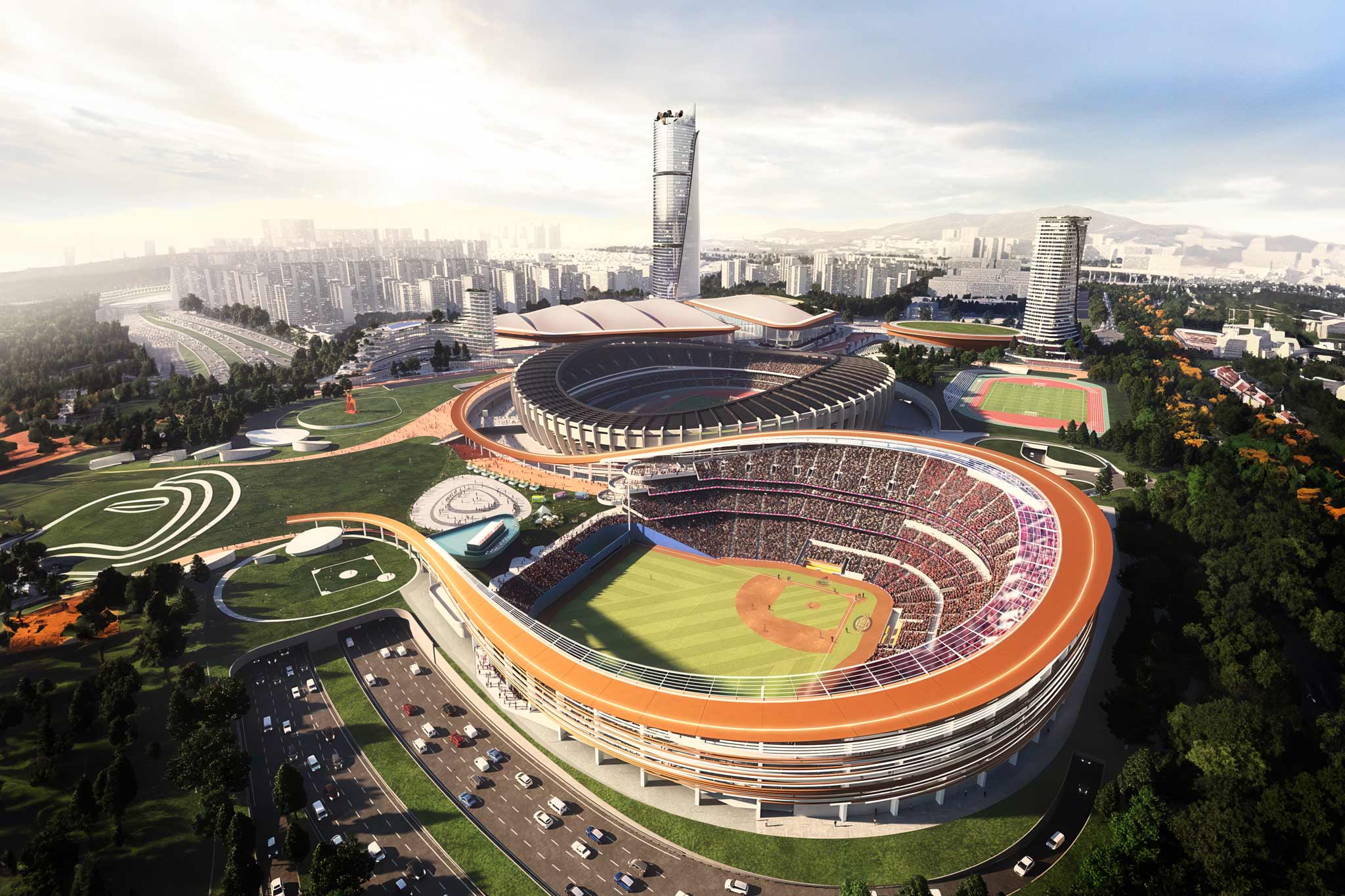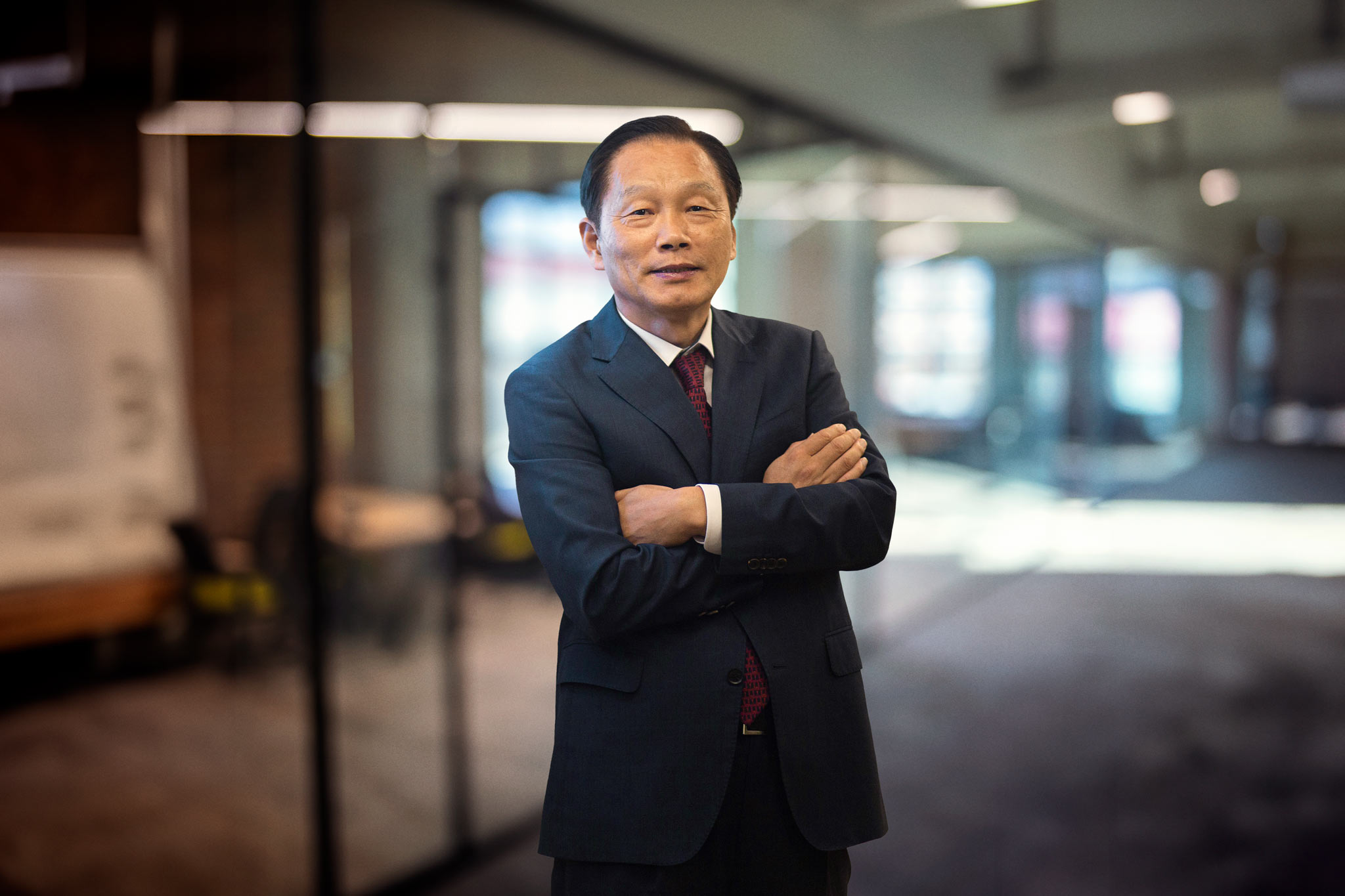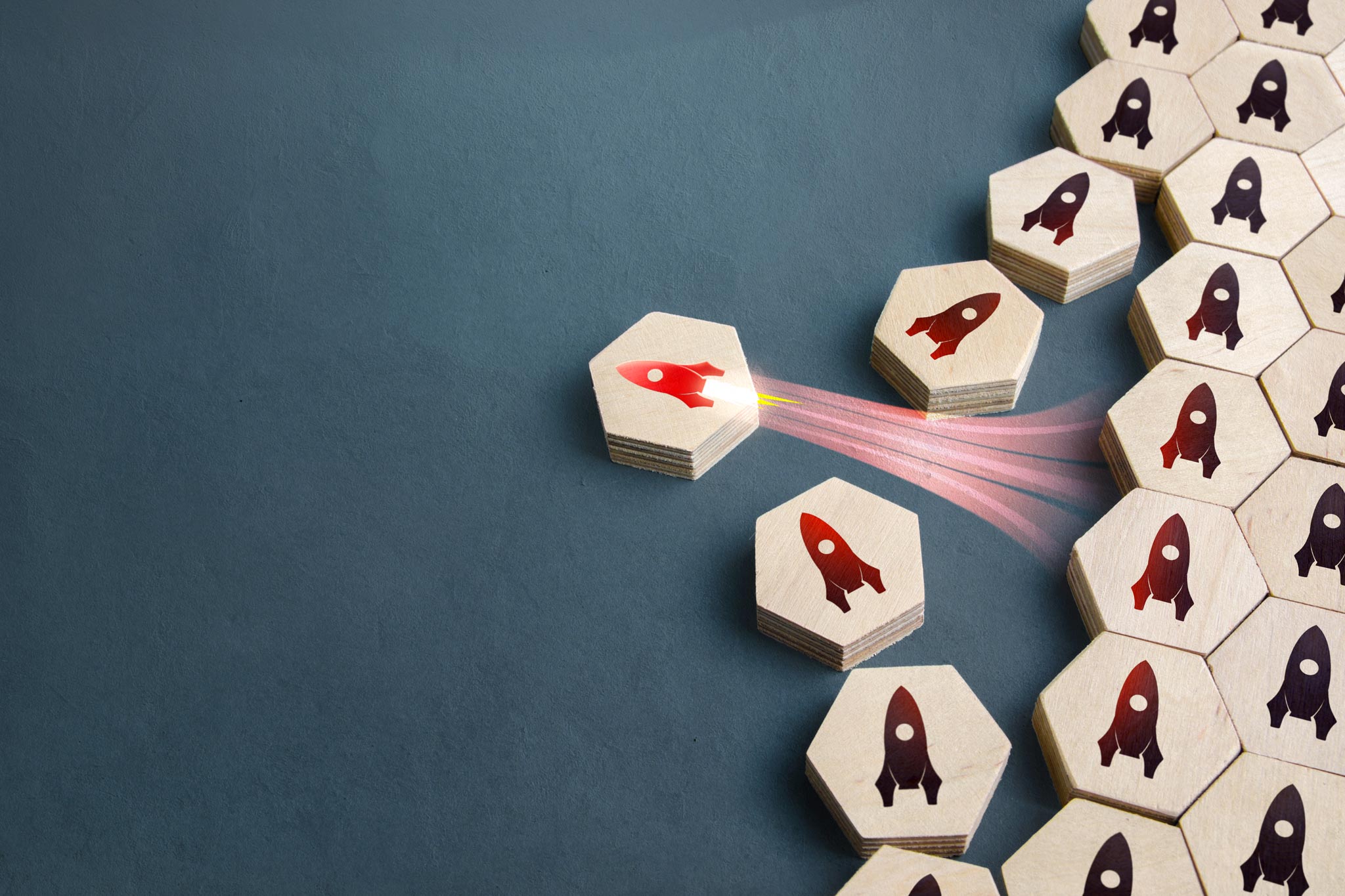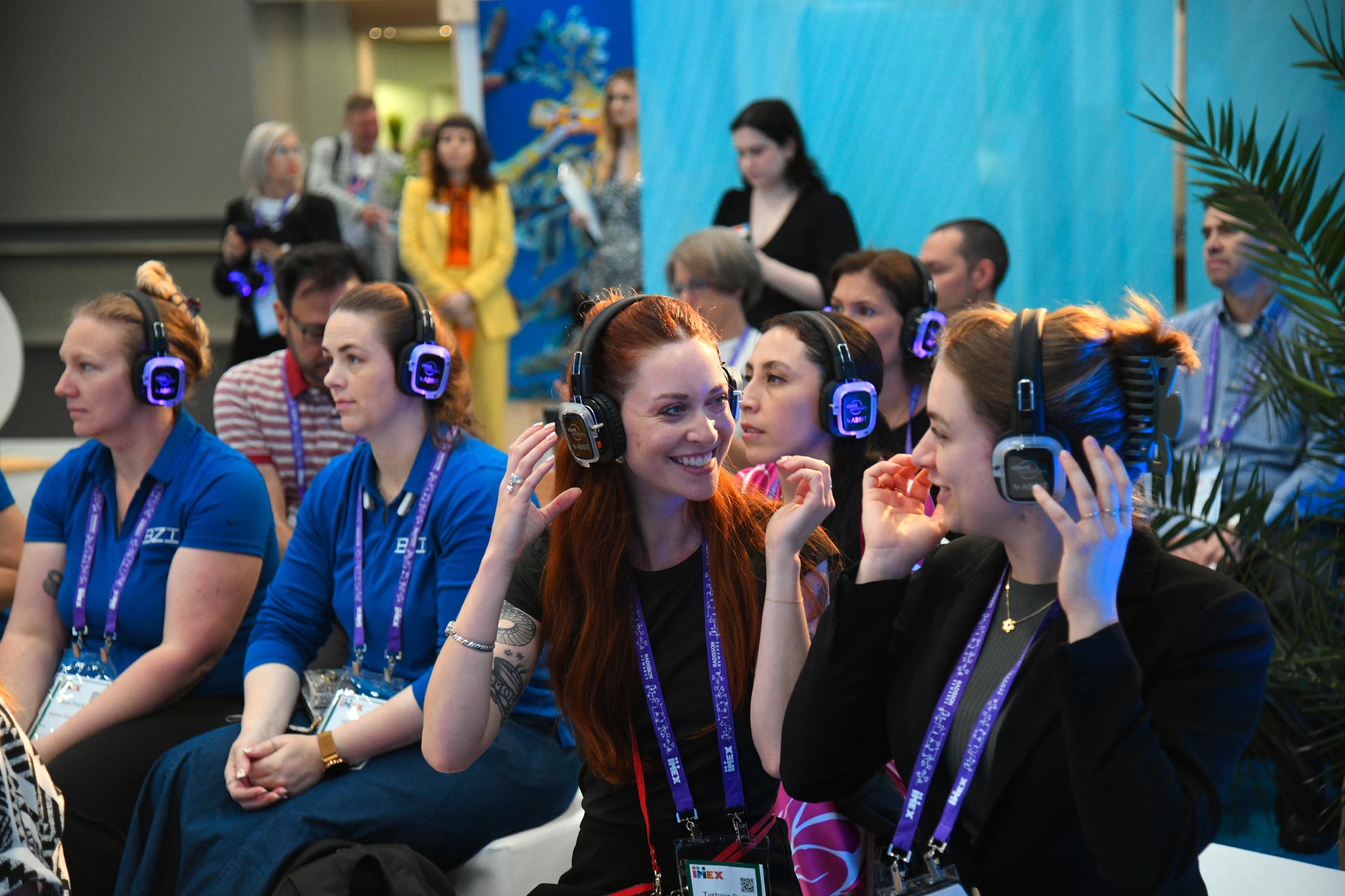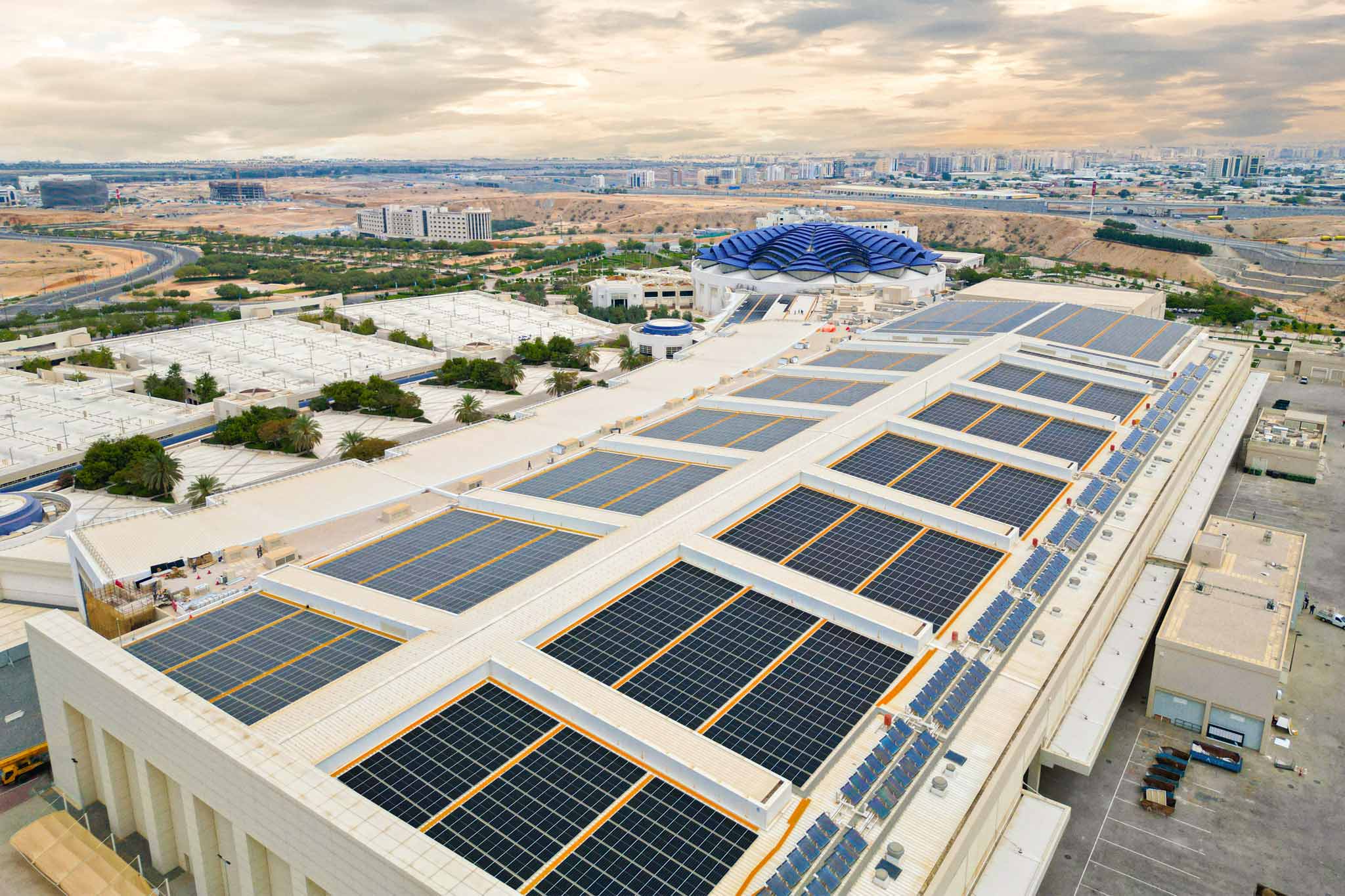The President and CEO of Seoul Tourism Organization, Ki Yon Kil, says “Although we are successful even now, the MICE industry is still beginning its development in the Republic of Korea. The business event industry in Seoul and South Korea has great potential, so we are developing this potential of the whole business event industry. Seoul City is cooperating between politics, business tourism, and the meeting and event industry.”
Meetings International met with Ki Yon Kil and Jin Hyeok Park, Director of the Seoul Convention Bureau, for a conversation, knowing that ICCA statistics have put Seoul at number ten globally and second in Asia, after Singapore. And with the large and long-term investments being made in Seoul, Singapore may very well be overtaken in the coming years, as Singapore is short of land to continue expanding with new meeting facilities.
“It’s good timing for us. People love to go to new destinations, and because international buyers have already visited many European cities, they are growing tired of going to the same places. And as European business event organisers have gone through most European destinations alrready, they are increasingly interested in new destinations in Asia,” says Ki Yon Kil.
“Many people outside of South Korea have an interest in K-pop, K-drama, K-cosmetics, and everything else they like about K-culture. So, they love the idea of seeing the real Korean life, and link that strategy to our business events industry.
“And from the perspective of international buyers, Seoul has 170 direct flights worldwide, and Incheon Airport is the world’s third-largest airport. We recently opened Terminal 2, so we have increased flight capacity. The amount of transit passengers at Incheon Airport, as a hub airport, is about eight million each year. And the airport on a whole sees about 60 million passengers coming through yearly.”
According to Ki Yon Kil, the main challenge in the business events industry in the Republic of Korea is infrastructure, but Environmental, Social responsibility, and corporate Governance, ESG, are also becoming very important.
“We have made many big investments in this field. I hope people will be interested in creative ways of communication, such as ESG. It’s essential. For example, business events tend to generate a lot of waste. So these are the kinds of issues we have to take seriously. So in Seoul, we have put ESG guidelines in place for business events.
“Those kinds of things are fundamental. It also applies to our support program because organisers that implement some of the recommendations in the ESG guidelines, will receive more incentives. Another example, and another aspect, is the war between Russia and Ukraine and the Israel and Palestine war. The meetings and events industry can contribute to creating a more peaceful world.
“In Seoul, we have put ESG guidelines in place for business events … organisers that implement some of the recommendations in the ESG guidelines, will receive more incentives”
“Tourism and the food industry are peaceful. And if the world continues to be unstable, our industry will suffer. We should cooperate to try to alleviate these types of crises. When the wars in Ukraine and Palestine broke out, the industry shrank and declined because of them. I hope our industry can try to cooperate and try to prevent war. If so, that would protect all opportunities in the world. And I believe the business events industry could contribute to that end, and be a stabilising factor,” says Ki Yon Kil.
Earlier this year, the Coex Convention and Exhibition Center invited business events industry professionals in South Korea to the open house event for its newest sustainable exhibition space, The Platz. On the second floor, this latest event space features an industrial concept with a bright and open exhibition area of 2,224 square metres, a dedicated lobby and reception area of 646 square metres, and private meetings and conference rooms. Easy access to event halls on the first floor and meeting rooms on the third floor makes The Platz a space for smaller exhibitions, concurrent events, art shows, pop-ups and VIP events.
With sustainability at the forefront, all events at The Platz utilise Coex’s signature eco-friendly meeting products and solutions, branded as ‘Good Plan.’ Booths are constructed with a fully reusable modular exhibition wall system made of 100 per cent recycled waste paper that allows quick and easy setup. Combined in any shape and length, standalone lightbox systems illuminate booth displays and walls to help put messages in the right light. Coex’s AV Drop modular system makes it possible to quickly and easily set up impressive yet sustainable stage backdrops up to 72 metres long.
Regarding Coex’s newest sustainable venue, CEO Dong-ki Lee stated: “We created The Platz to meet the ever-increasing demands for event spaces at Coex” and that “the new event space will provide even more opportunities for smaller, newer industries to host events by reducing the barriers for entry.”
In April 2016, Seoul Metropolitan Government determined the master plan for redeveloping the Jamsil Sports Complex. The new Jamsil Sports and MICE Complex Infrastructure Development Project is divided into a public and private sector, of which the private sector will feature an integrated exhibition and convention area. Ki Yon Kil further states it is a major sustainable urban development, including a domed stadium with a capacity of over 30,000 seats, capable of hosting global sporting events. The city plans to have a four-star 300-room hotel attached to the stadium with 120 rooms overlooking the arena. The entire project is themed ‘mega’, ‘high-tech’ and ‘eco-friendly.’
The investment will complement nearby Coex, Hyundai Motor’s Global Business Center, GBC, and Seoul Trade and Exhibition and Convention Center, SETEC, in the Gangnam district. Through creating the Jamsil complex, Seoul expects to transform the landscape of industrial and cultural consumption south of the river into an urban hub to strengthen international business exchange, leading global competitiveness by building a cluster for meetings, incentives, conventions and exhibitions. The total cost of this private investment project is €1,500 billion.
The surrounding area by the Han River and Tancheon Stream will be restored as part of the urban development. The plan is to connect Gangnam and Jamsil, which were grouped as international exchange complexes but were cut off by rivers, as ecological parks. For example, a natural lake is restored around the mainstream of the Han River and the Incheon waterfront. A pedestrian path is created simultaneously and will be 267 metres long.
The developments in the Jamsil district include sustainable design solutions introduced through energy efficiency systems, such as high-performing green rooftops, biotope installations of living plants and animals, a solar screening device, restoration and preservation of the former site, and utilisation of existing facilities.
